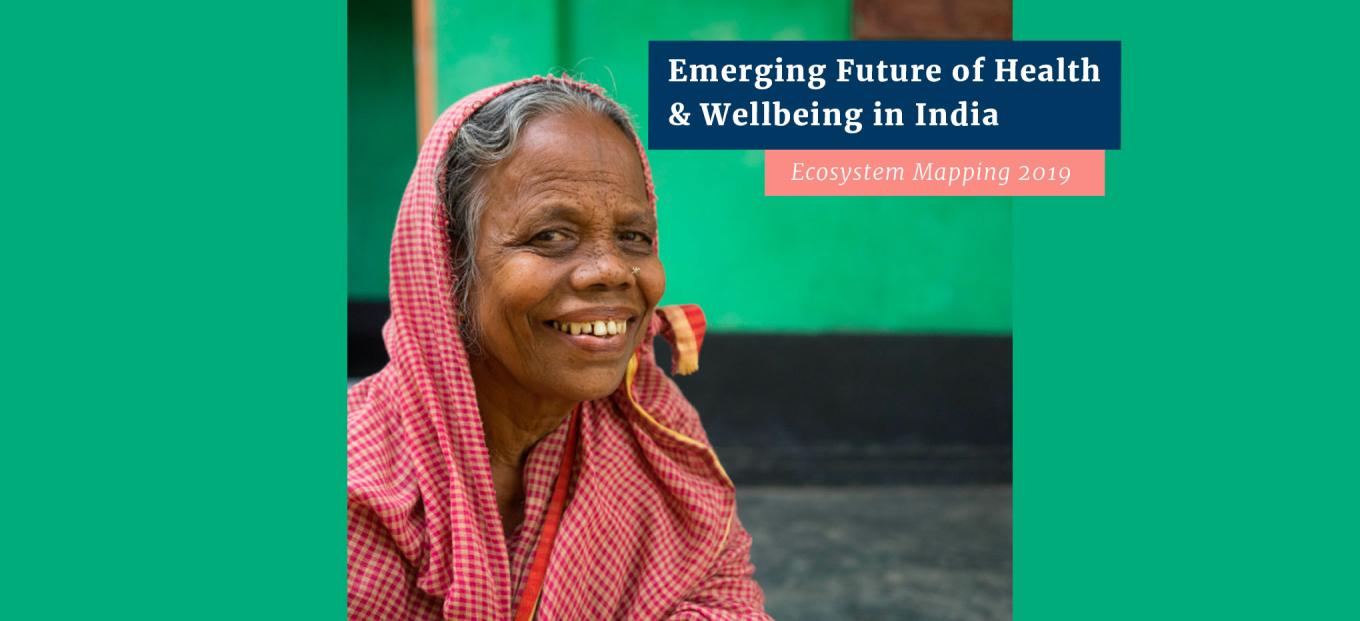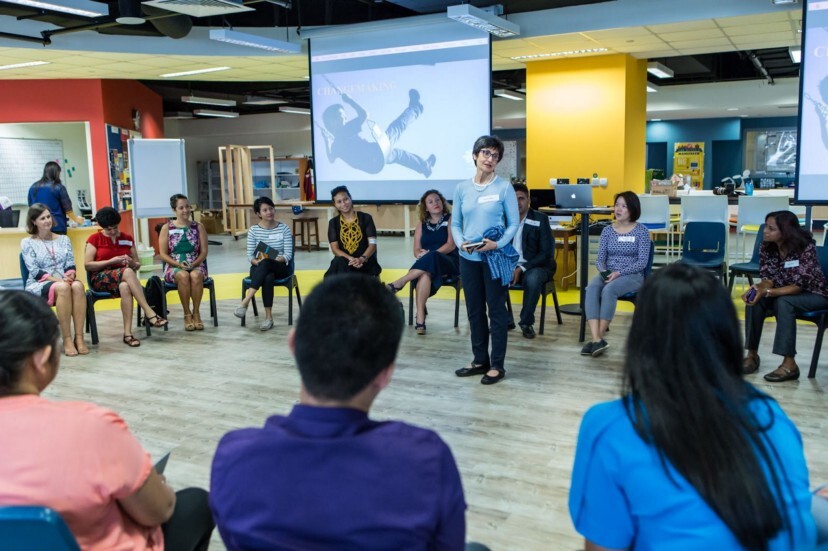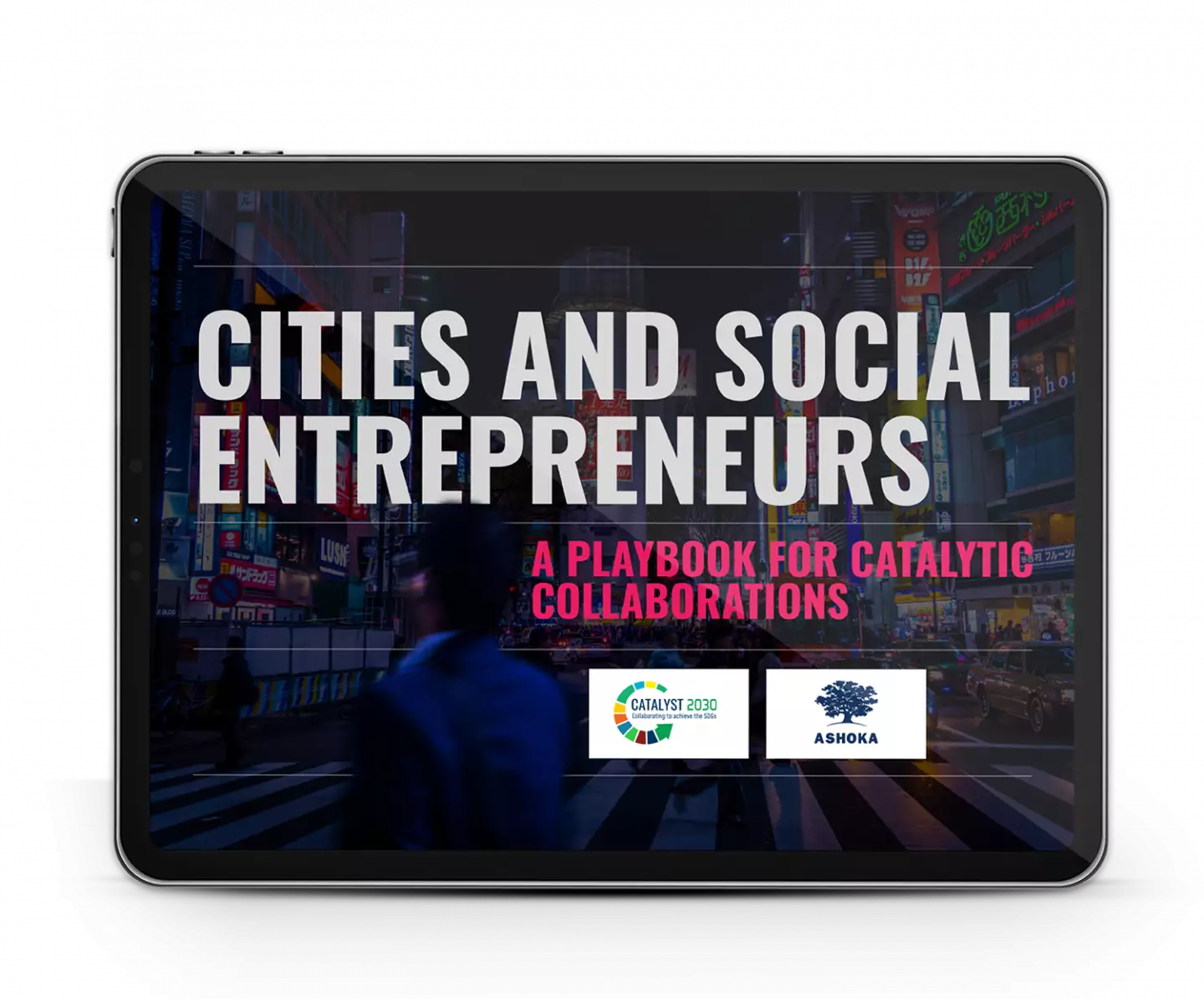
The role of promoting good health and wellbeing in India today has significantly shifted over the last decade. What was once widely expected to be the role of government is now decentralized with an understanding and acceptance that the private sector, citizen sector and each individual all have important roles to play. This is evident in the creative ways these sectors are addressing Non-Communicable Diseases (NCDs) in the country, for example.
Challenges to good health and wellbeing include social determinants—such as lifestyle choices at the individual level—but also systemic factors outside individual control, such as efficient urban planning and government infrastructure.
Through our research, we investigated the big shifts in health and wellbeing that have been influenced by factors such as governance, innovation, technology and new information.
India has made important strides in promoting health and wellbeing for its diverse and growing population. There have been a number of key solutions, approaches, and ideas that have started to shift the meaning of health and wellbeing, changing what it looks like in practice and how people manage it. Our research mapped a network of over 200 health innovators across 17 cities in India. With this work, we focused on answering a number of key questions, namely:
-
How are mindsets (often deep-rooted) being shifted in a way that changes beliefs, understandings, and roles around health and wellbeing?
-
What is enabling health and wellbeing to grow in India?
-
How are different fields coming together to understand what promotes better health and wellbeing?
We interviewed 91 social entrepreneurs, researchers, civil society organizations, and experts who identified five major innovation shifts in the field of health and wellbeing in India. These include:
- The increased availability of quick and real-time data is leading to better-informed decisions and efficiency in care.
- A shift to preventive care, with more people focusing on healthier lifestyles and medical treatment to prevent diseases.
- The importance of giving adolescent girls the new skills to develop agency and to access employment opportunities enables them to reduce immediate and long-term health risks.
- The increased focus on renewable and clean energy as a way to reduce the impact of poor environments on health outcomes, as well as enabling potentially most of India’s population to create healthier communities.
- A growing understanding and acceptance of mental illness through decentralizing and creating roles for more people to manage prevention and care.
It is clear from our research that in a heterogenous setting like India where history, language, religion, and culture are so diverse, it is difficult to find a one size fits all solution. What is common however is the acceptance that good health and wellbeing is tied closely to building dignity and hope for people and communities. In India, collaboration and collective action is enabling new solutions, opportunities, and hope to emerge and paving the way for better health and wellbeing for all.
As Dr. Prithi Prabhugate from DASRA describes, “India is in an exciting moment. There is a culture change shifting us to positive health norms, inspiring people to intervene and change the norms of the public space.”
The network of innovators we interviewed spotlighted these positive shifts in their approaches across India. Join us in learning about these innovations, and in continuing to expand the network of innovations!


